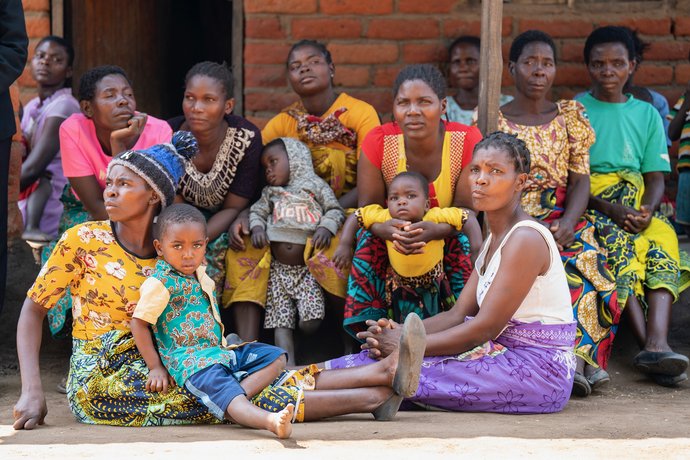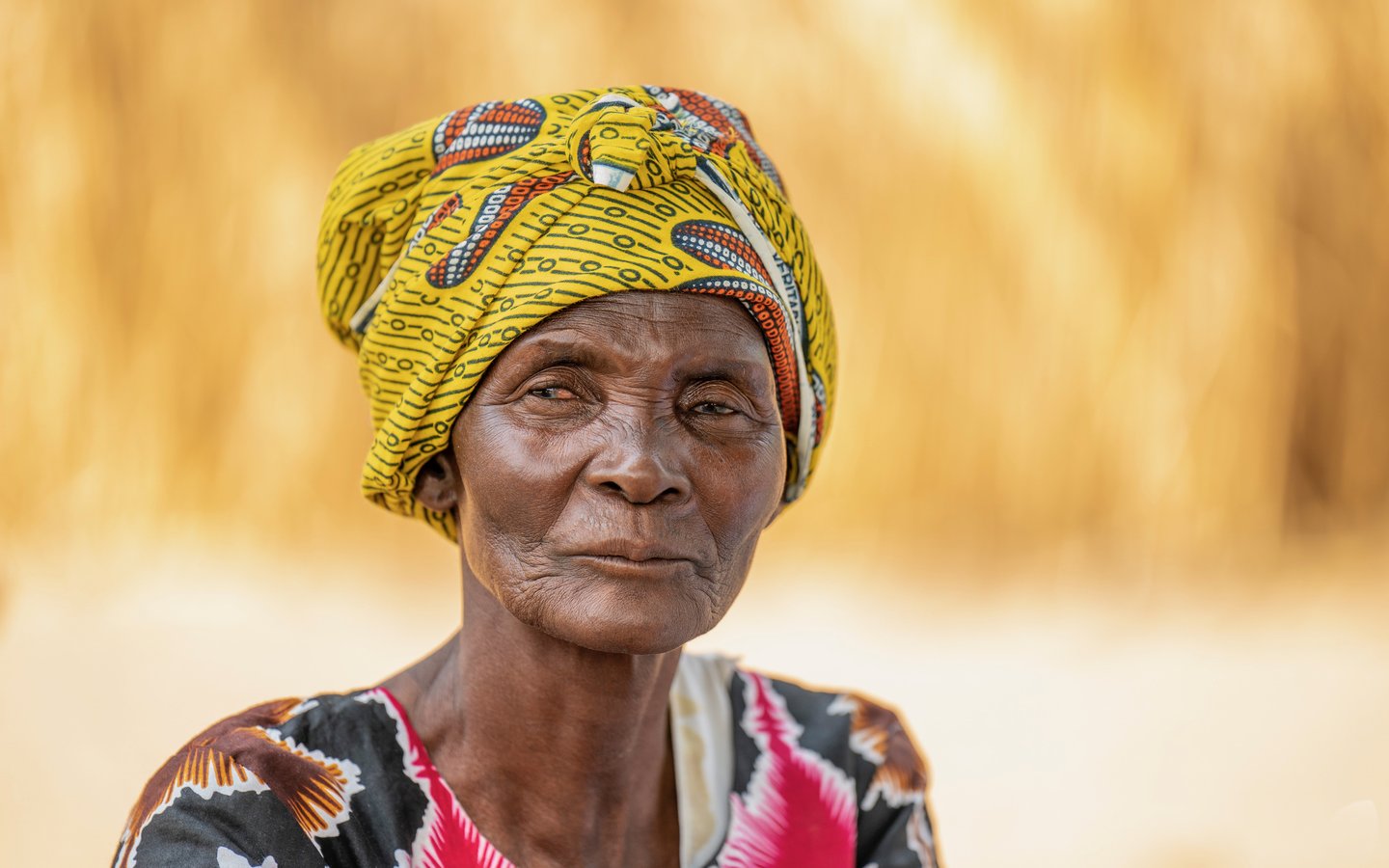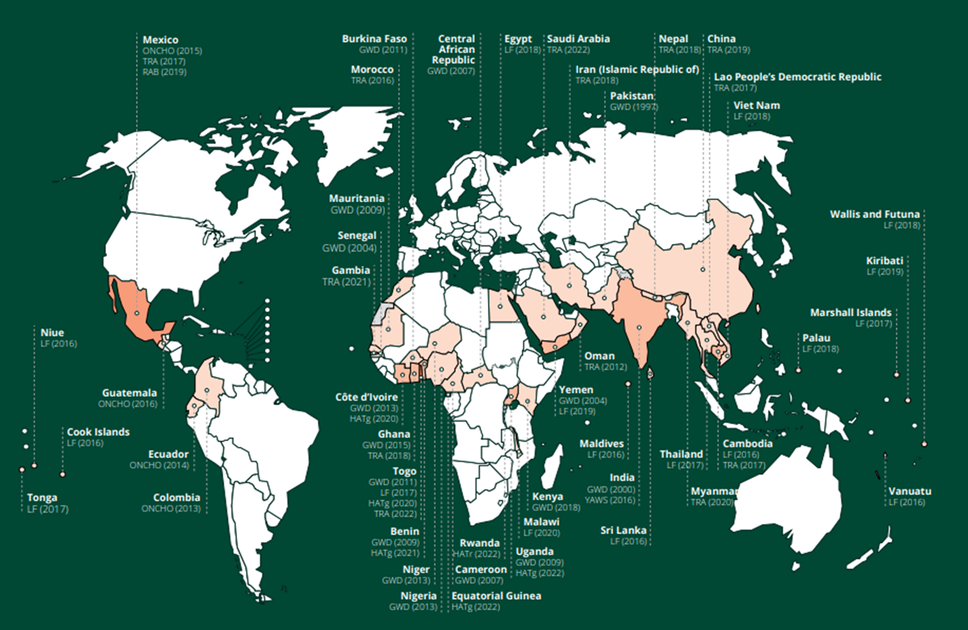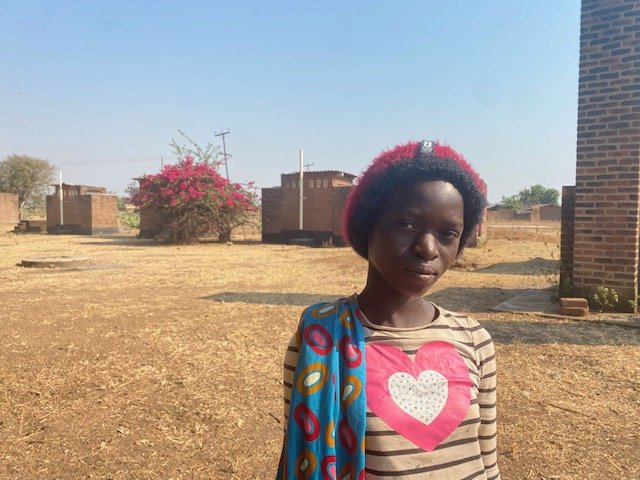Why invest in neglected tropical diseases?
Investing in NTD programmes creates a ripple effect in society. It leads to better education, health, and employment outcomes, and transforms lives and communities. It also helps to reduce gender inequity, stigma, and preventable mortality and morbidity.
For individuals, it means a life without fear of being disabled or losing a livelihood from preventable disease.
Economic burden
The economic cost of NTDs is high for affected households. The household income lost from out-of-pocket health expenditures and the wages lost due to NTDs is estimated to be at least $33 billion (USD) per year.
Overall, the benefit of ending NTDs for affected individuals in terms of averted out-of-pocket health expenditure and lost productivity exceeded US$ 342 billion during 2015–2030.
Source: World Health Organization's NTD investment rationale.

© Jane Barlow/ PA
Gendered impact
The burden of certain NTDs falls disproportionately on women and girls. For example, through close contact with children, women are two to four times more likely to develop trachomatous trichiasis and are blinded up to four times as often as men.
Since women and girls perform two-thirds of water collection globally, they have a higher risk of developing schistosomiasis in endemic areas.
Approximately 56 million women are estimated to have female genital schistosomiasis, which increases risks of contracting HIV and causes organ damage.
Source: World Health Organization's NTD investment rationale.

Best-buy in global health
When there are so many intractable issues in global health, investments in NTDs can offer wins for donors and for affected communities.
Investment is seen as a development 'best-buy' and yields significant ROI. An investment case for ending NTDs estimated that preventive chemotherapy brought an estimated net benefit to affected individuals of about US$ 25 per US$ 1 invested.
NTDs affect predominantly regions and populations with the greatest needs for development. The link between tackling NTDs and development has been recognized through the SDGs. In 2016, NTDs were added into the SDG 3.3, as epidemics to be ended by 2030.
Reducing the disease burden due to NTDs can also contribute to alleviating poverty (Goal 1) and hunger (Goal 2), promoting quality education (Goal 4), improving gender equity (Goal 5) and reducing inequality (Goal 10). By building human capital, it will ultimately contribute to economic growth (Goal 8).


